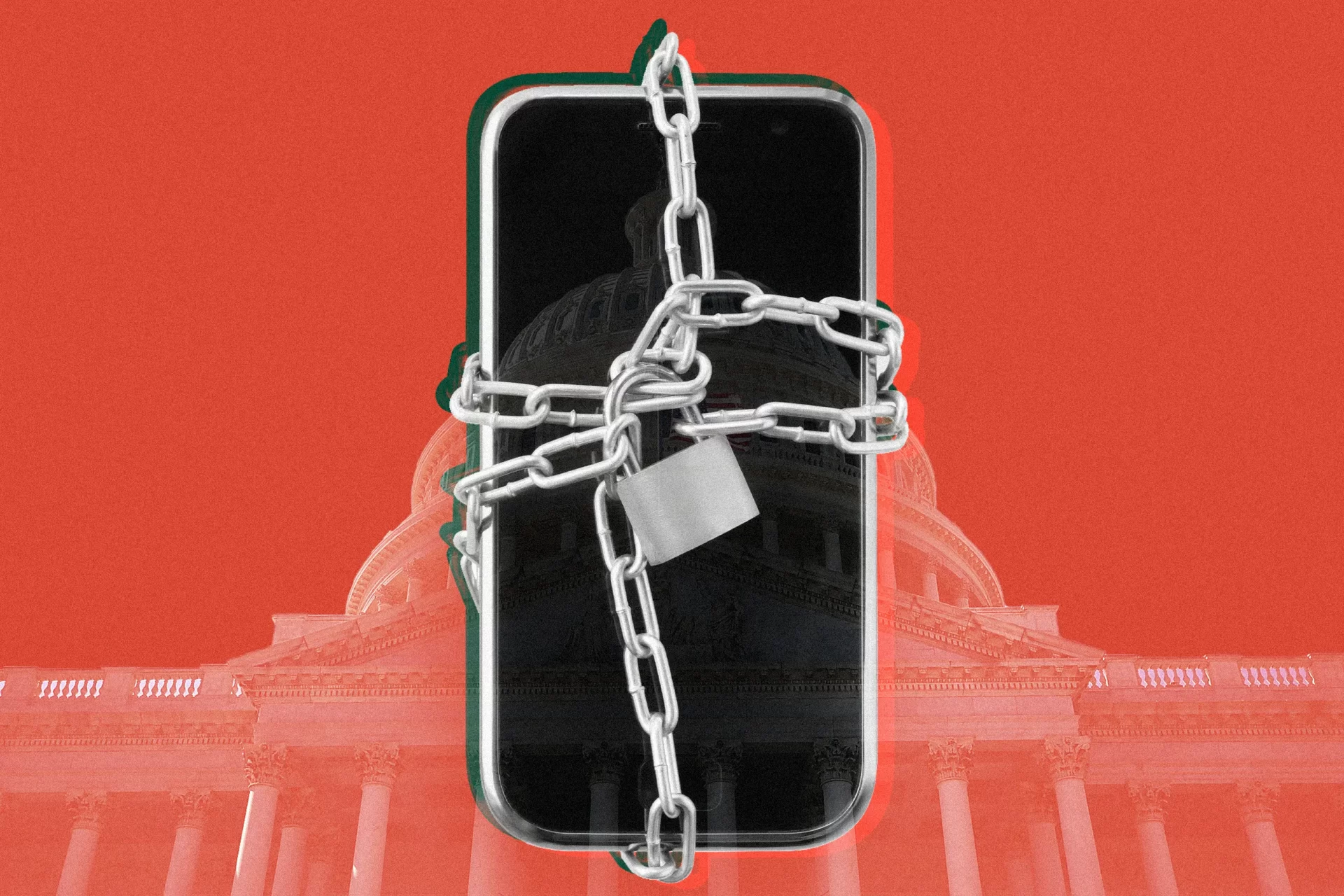Senegal Bans TikTok In Latest Internet Clampdown

Concerns that the social media platform is being used to incite violent protests have led Senegal to suspend TikTok across all mobile phone operator networks.
In a statement released on Wednesday in the nation’s capital, Dakar, Minister of Communication, Telecommunications, and Digital Economy Moussa Bocar Thiam claimed that individuals are using the app to broadcast “hateful and subversive messages” that “threaten to destabilize the country.”
Since March 2021, when opposition leader Ousmane Sonko was detained and accused of rape, Senegal has been plagued by occasional and violent protests. It seems improbable that the well-liked politician will be able to compete in the presidential elections of next year after being found guilty of morally corrupting a child and accused of hatching an uprising.
Following fatal protests following Sonko’s most recent arrest, mobile internet connection in Senegal was shut down for a third day on Wednesday; the third time teh country has seen such a measure in one year Amnesty Senegal estimates that since March 2021, at least 40 people have perished during political demonstrations.
The government’s decision to outlaw Sonko’s Pastef-les Patriotes party has put Senegal’s democracy at a “serious turning point,” according to a statement from the International Federation for Human Rights shared with Bloomberg.
“The dissolution of a political party is an extremely serious measure, which should only be used as a last resort, in accordance with democratic principles and respect for fundamental rights,” it said.
Featured Image Credits: Glamour